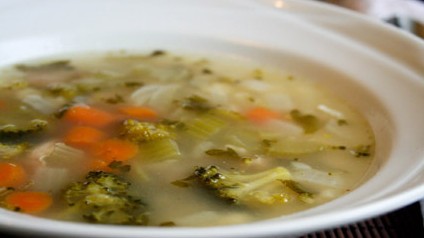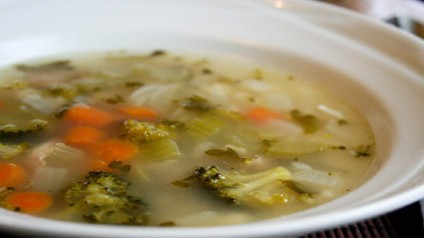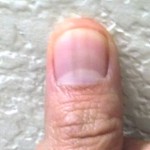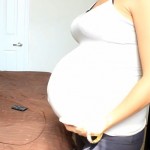Tonsillectomy is a surgical procedure to remove the tonsils that are a part of the lymphatic system and help fight against infection. People mostly opt for tonsil removal when they undergo obstruction, sleep apnea, and conditions that don’t allow them to swallow properly. It is known to be a common surgical procedure among children and is uncommon in adults.
A research in the United States showed that around 70% of the surgical candidates in the US are less than 18 years of age. It is also known that more than 400,000 tonsillectomies are performed globally every year.

Post Tonsillectomy diet
Post tonsillectomy diet refers to the food that you will be directed to take for your well being. The foods suggested in your tonsillectomy diet will not hurt your mouth or throat in anyway but in turn will also help you recover quickly. In many cases it is seen that foods and liquids are suggested and they should be smooth, cold or warm but not hot in any possible manner.
You must start to consume liquids and slowly add up on soft solids depending on your ability to consume them. Protein and liquids must be consumed in adequate quantities in order to enforce the initial healing to begin. Cold products that include milk content in them can be consumed as well.
Post 3 or 4 days of the surgery you are free to consume regular foods as usual.
Foods not to be included in the diet
There are some foods that if consumed after the surgery might add up the fuel and increase your health complications. Some of the foods to stay away from during this period are as follows:-
- Acidic foods
- Foods that are rough in nature and might scratch up your throat
- Whole meat and unblended soup
- Dry cereals and bread and citrus fruits
- Tomato based products
However, it is always best to consult a professional dietician to receive other opinions too.
Risks post surgery
The surgery can bring extremely good results at times but might as well cause a few damage and risks to the surgical candidates. There are chances that the previously normal speech of the candidate might fade away and he or she is likely to develop a nasal sounding voice. In most of the cases it is seen that children below 5 years of age who undergo this procedure are not so enlightened by the hospital experience.
Risks are normal in every surgery but they always do involve the risk of bleeding and post-operative infection.
Factors to be borne in mind
Keep your child at home and do not let him travel out doors for around 2 weeks because in most of the cases healing takes 2 weeks of time. Keep your child involved in indoor play for the first 3 to 5 days. Your child will be school ready with a complete active health after 10 days.
A tonsillectomy diet should always involve small foods and do instruct your child to chew them well before he swallows it.


